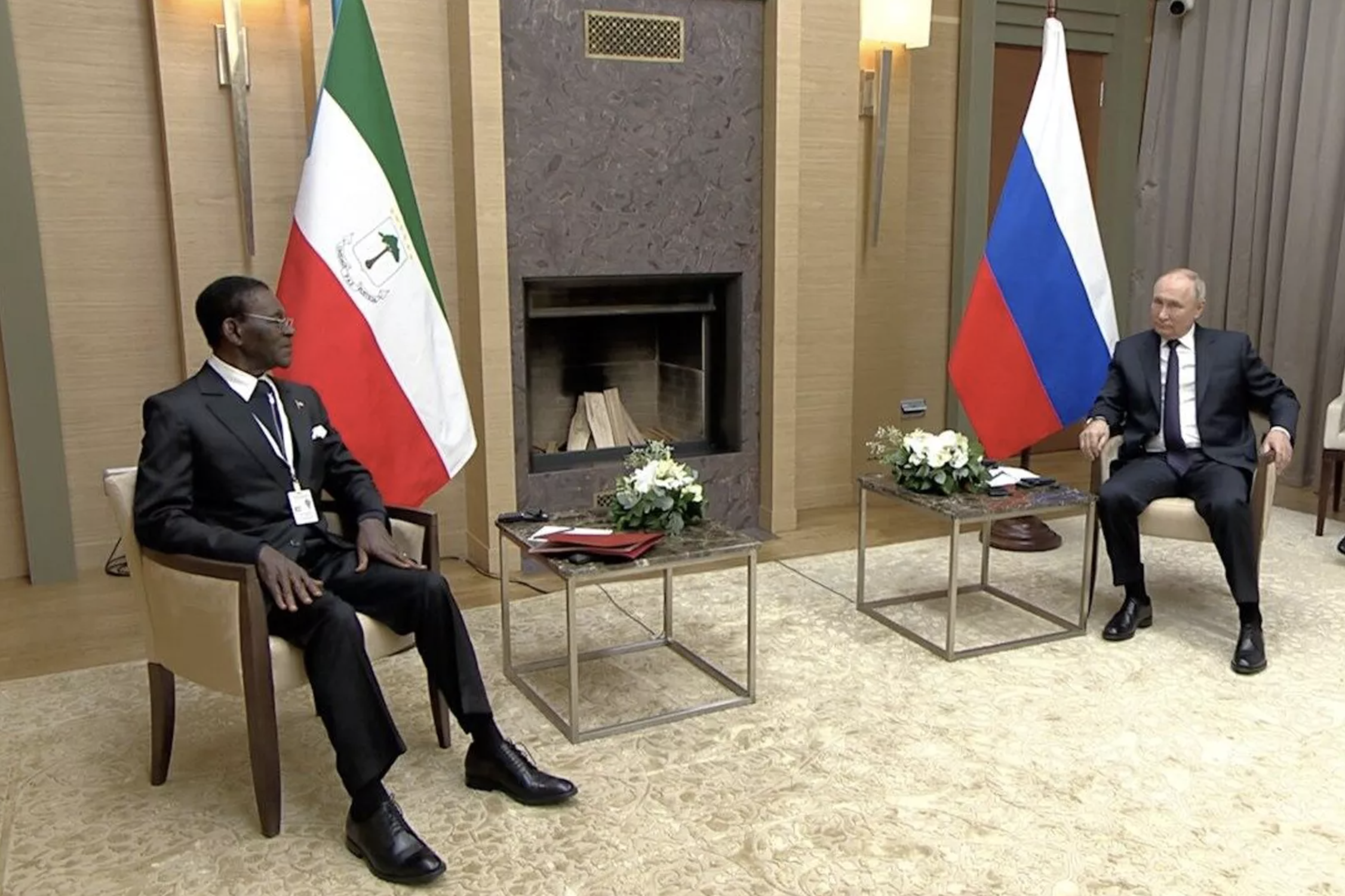
A recent report by Reuters suggests that Russia has deployed up to 200 military instructors to Equatorial Guinea to protect the regime of President Teodoro Obiang Nguema Mbasogo. This move aligns with Russia’s broader strategy of increasing its presence in West and Central Africa, despite recent setbacks in Mali.
The Russian instructors are reportedly training elite guards in the country’s major cities. This deployment comes as Western influence in the region wanes, providing an opportunity for Russia to capitalize on the power vacuum.
The Kremlin’s involvement in Equatorial Guinea offers several benefits. It allows Russia to generate income through government fees and potential economic opportunities in the country’s energy and mining sectors. Additionally, it reinforces Russia’s global geopolitical stance, particularly in the face of ongoing tensions with the West.
For Equatorial Guinea, the Russian presence could help solidify the regime’s grip on power, especially as President Obiang prepares to hand over the reins to his son. The deployment could deter potential threats to the ruling dynasty and ensure a smooth transition of power.
While both countries have remained silent on the matter, multiple sources have confirmed the Russian presence in Equatorial Guinea. Some reports suggest that the deployed personnel may include troops from Belarus and members of the elite Russian paratrooper unit.
Experts believe that Russia’s expansionist policy in Africa is driven by a desire to undermine Western influence and offer security services to authoritarian regimes. This strategy has been particularly effective in countries like the Central African Republic and Mali, where Wagner Group mercenaries have played a significant role.
However, the recent setbacks in Mali have highlighted the challenges and risks associated with Russia’s African ventures. As Russia continues to expand its footprint in West Africa, it remains to be seen whether its involvement in Equatorial Guinea will yield long-term benefits for both countries.
